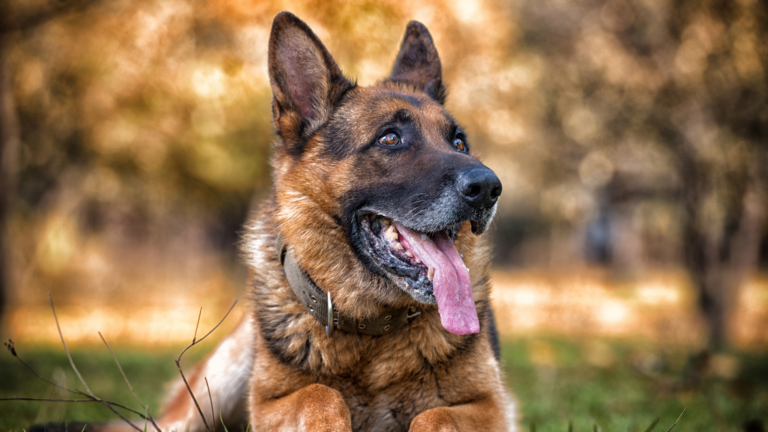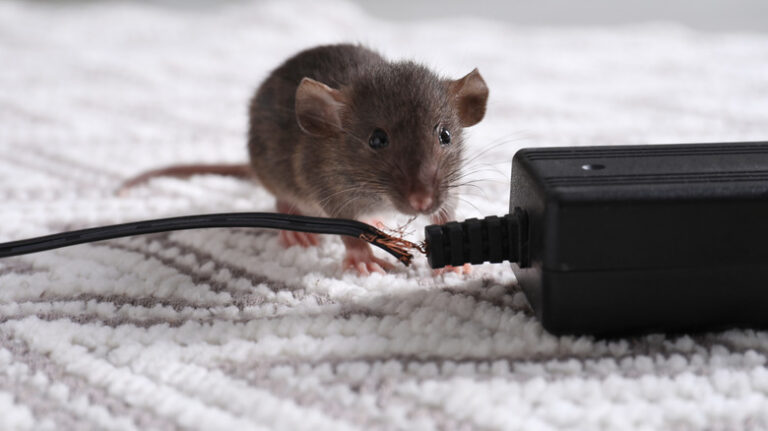Teacup King Charles Spaniel | A Guide to This Elegant Companion
Overview
The Teacup King Charles Spaniel is a popular breed known for its charisma, grace, and perseverance. The miniature version of the Cavalier King Charles Spaniel is extremely popular due to its small size, friendly disposition, and appropriateness as a companion.
Read our complete guide in this regard, which covers everything you need to know about this fascinating species so you can care for and appreciate these magnificent animals as pets.
What is a Teacup King Charles Spaniel?
The Teacup King Charles Spaniel is a smaller kind of Cavalier King Charles Spaniel, bred by people who want to satisfy the demand for small, transportable companions. This is not a size recognized by any of the major kennel clubs, but the teacup variation commonly weighs less than 10 pounds and stands less than 10 inches at the shoulder. Their petite build makes them ideal for apartment living and for anyone seeking a low-maintenance yet regal pet.
Distinctive Features
- Size: Small, lightweight, and portable-ideal for travel.
- Coat: Luxurious, silken, and sometimes patterned with traditional Blenheim, ruby, tricolor, or black and tan.
- Eyes: Large, expressively big, warm, to represent this dog’s breeding of gentle temperament.
- Temperament: Sweet-tempered, affable, and eager to please make them both an excellent companion to a person and a family.
History and Origins
The Cavalier King Charles Spaniel traces its ancestry from the royalties of the 16th century, as dogs became a favorite for the nobility of Europe in general and England in particular. As these dogs acquired their name from King Charles II, who showed much affection to the breed, dogs within this class came to be associated with nobility and refinement among the classes. The teacup variety was just one that cropped up several decades ago as a reaction to the emerging desire for miniature dogs possessing the appeal and the temperament of the Cavalier.

Caring for a Teacup King Charles Spaniel
Nutrition and Diet
The need to feed a Teacup King Charles Spaniel varies due to the fact that their extra small size and soft digestive organs require some delicacy. Indeed, one may go ahead with an extremely high-quality dog food that has been prepared exclusively for minute breeds of canine and is full of protein too. Portions again would be very much critical as small frames get exhausted out following the development of obesity.
- Frequency: Two to three light meals daily.
- Essential nutrients: Key nutrition involves lean proteins, healthy fats, and carbohydrates for energy.
- Supplements: Omega-3 fatty acids for a shiny coat and joints.
Exercise Requirements
Being a rather low-energy breed, regular exercise is highly important in maintaining physical and mental well-being. Provided the size and limited stamina, a short walk and some indoor playtime would do just fine.
- Duration: 20–30 mins of daily activity.
- Best activities: gentle walks, fetch, and puzzle toys.
- Caution: Avoid excessive physical exertion, especially in hot and cold weather.
Do Possums Come Out During the Day? A Detailed Look
Grooming Requirements
The coat of the Teacup King Charles Spaniel requires regular care to look good and to avoid matting. This includes the following in the grooming routine:
- Brushing: A soft-bristle brush three to four times a week.
- Bathing: Once a month or as needed with a mild, dog-specific shampoo.
- Ear care: Cleaning regularly to prevent infection, as their floppy ears trap moisture.
- Nail Trimming: Trimming nails monthly to avoid discomfort or injury.
Health Considerations
While generally healthy, the Teacup King Charles Spaniel may develop some genetic and size-based health issues:
- Mitral Valve Disease (MVD): A common heart condition in the breed.
- Patellar Luxation: A joint problem related to locomotion.
- Syringomyelia: Syringomyelia is a neurologic condition requiring early diagnosis and treatment.
- Hypoglycemia: This is a risk in the smaller dogs and requires one to feed them on a regular basis.
Routine veterinary check-ups and preventative care are crucial to a long, healthy life.

Socialization and Training
The intelligence and pleasing nature of the Teacup King Charles Spaniel make them highly trainable. Early socialization nurtures confidence and reduces undesirable behaviors.
- Positive Reinforcement: Reward-based training invites responsiveness and builds trust.
- Crate training: This would be helpful for housetraining and provides a comfortable, safe place.
- Social exposure: Expose them to various environments, people, and pets to help develop their personality in a well-rounded way.
Is a Teacup King Charles Spaniel Right for You?
The Teacup King Charles Spaniel suits all lifestyles since it is adaptable and affectionate. They do best in settings where they are going to receive plenty of attention and affection. They are ideal for:
- Individuals seeking companionship: Their loyal and affectionate demeanor makes them wonderful lap dogs.
- Families with older children: Due to their small size, they need gentle handling, hence more suitable in a home with grown children.
- Apartment dwellers: Compact size, moderate exercise needs make them ideal for small living spaces.
Conclusion
The Teacup King Charles Spaniel embodies style, loyalty, and charm in diminutive size. With the right care, training, and attention, these joyous dogs have brought immense companionship and love to their masters. Be it the royal ancestry that allures one, the nature of being so affectionate, or the petite size, the Teacup King Charles Spaniel is that breed promising to enrich life with love and graciousness.







